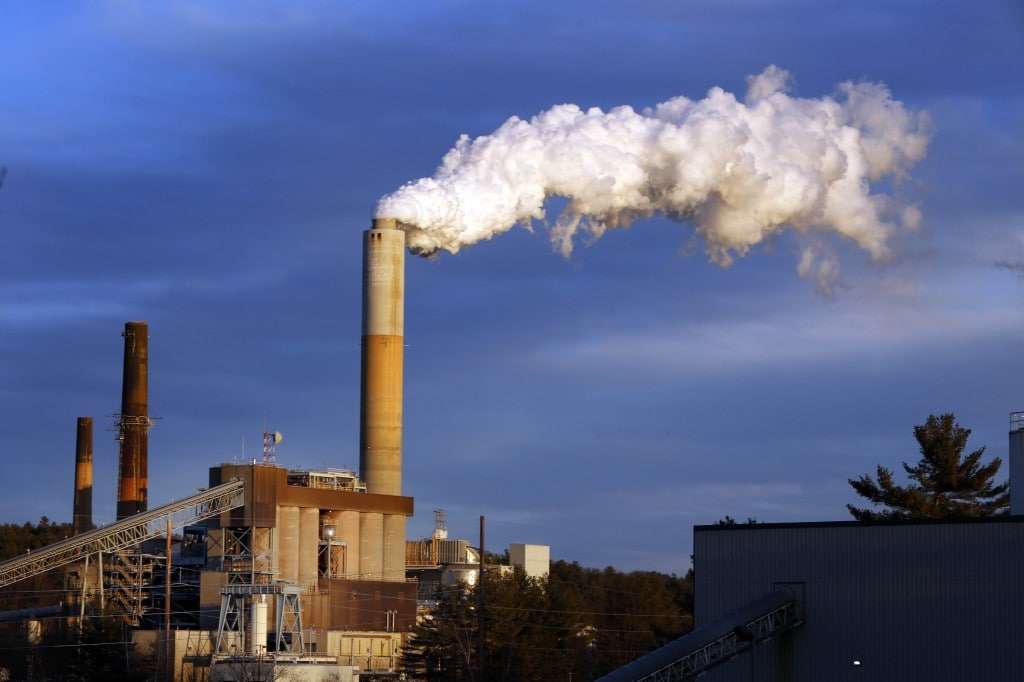The Volokh Conspiracy
Mostly law professors | Sometimes contrarian | Often libertarian | Always independent
Harvard law profs spar over EPA's 'Clean Power' plan

Earlier this week, Harvard law professor Laurence Tribe testified before Congress on the legality of the Environmental Protection Agency's plans to regulate greenhouse gas emissions from coal-fired power plants under Section 111 of the Clean Air Act. Tribe's testimony garnered attention because he challenged the lawfulness of EPA plans and raised several constitutional concerns. (See also this Wall Street Journal op-ed from December.) I noted some of Tribe's comments on federalism here.
Tribe's criticisms of the EPA attracted attention not just because he is a prominent liberal law professor, but also because he briefly worked in the Obama Administration (though not on environmental matters) and was one of the president's professors (and has sometimes been described as a "mentor").
Tribe's testimony, and his suggestion that the EPA's climate plans involved "burning the Constitution," also prompted some pushback. Most notably, two of his colleagues at Harvard Law School - Richard Lazarus and Jody Freeman - penned a response on the HLS Web site, challenging Tribe's legal and constitutional analysis, with an emphasis on the latter. Tribe, in turn, wrote a lengthy rejoinder , also on the HLS Web site.
This back and forth is a preview of the legal battle that awaits the EPA's Clean Power Plan. Whatever one thinks of his constitutional arguments, Tribe identifies serious legal questions about the EPA's plans, particularly with regard to the agency's interpretation of its own authority under Section 111 of the Clean Air Act. Others have raised similar concerns. The U.S. Court of Appeals for the D.C. Circuit will hear some of these arguments later this spring. (For background and documents, see here.)
The outcome of this fight over the EPA's Section 111 rules will be important, but more for the economy than the environment. For reasons I've explained before, this is all a diversion from serious climate change policy. If the Administration and environmental advocates are serious about meeting the challenge of climate change, they would spend less time trying to expand the EPA's regulatory authority and devote greater effort to developing the technologies and institutional structures necessary if there is to be any hope of stabilizing atmospheric concentrations of greenhouse gases.
UPDATE: Professors Lazarus and Freeman have more to say about Professor Tribe's arguments here.


Show Comments (0)